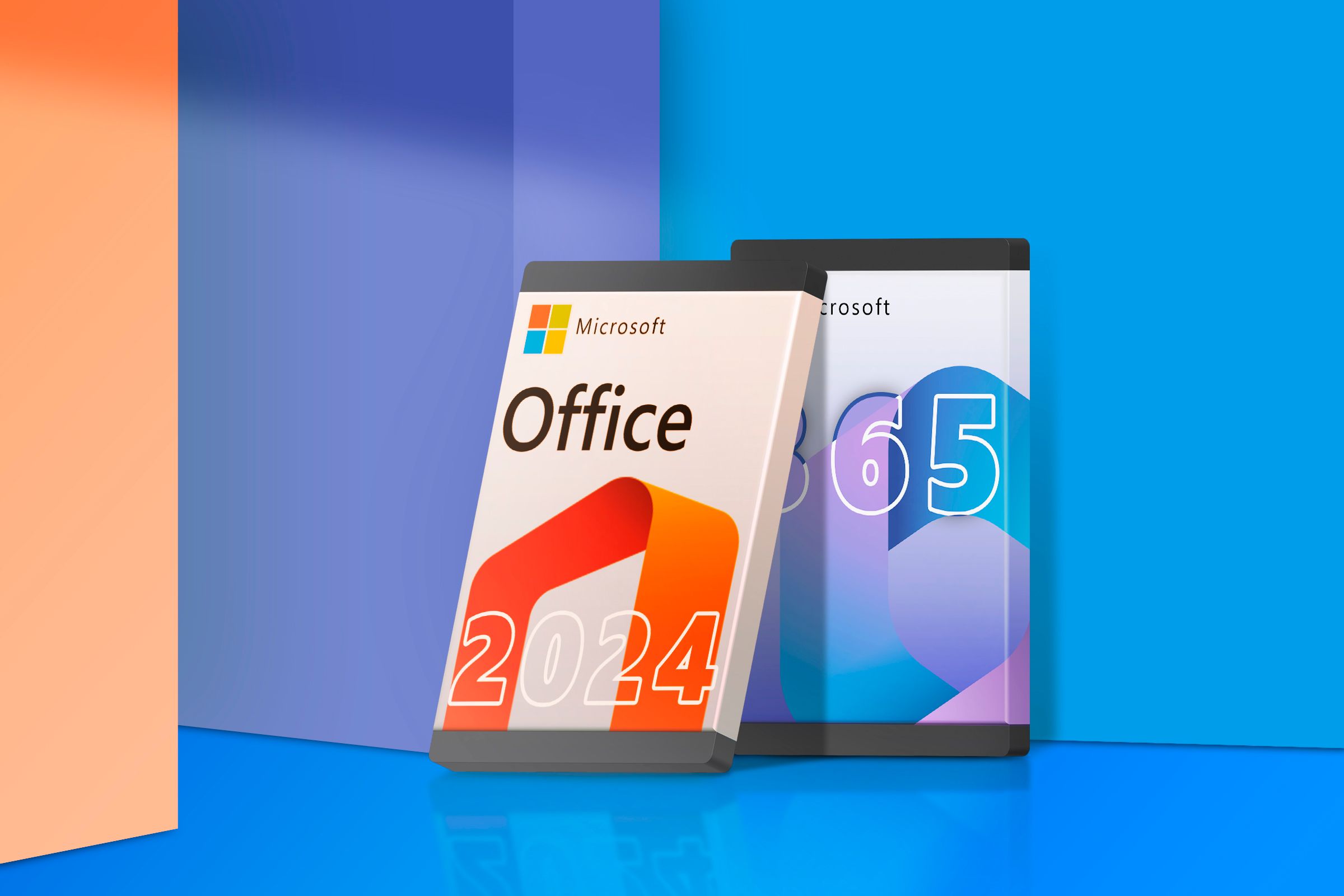Windows 11 has been available for years, but millions of people still use Windows 10 instead. Unfortunately, Microsoft plans to end support for Windows 10 before the end of the year. This means your Microsoft 365 apps will lose support too, but what does that mean for you?
Official Support For Windows 10 Will End in October
Microsoft announced that they will be officially ending support for Windows 10 on October 14, 2025. This does not mean that anyone will be forced to upgrade to Windows 11 at that time. It doesn’t mean that your PC will stop working either. What it really means is that Microsoft will no longer be providing regular updates for Windows 10. The same goes for versions of Microsoft apps designed for Windows 10 as well, including the apps that are part of Microsoft Office 365.
Due to a mistake on a Microsoft blog, the notion that these apps would become unavailable for use spread around the internet. Microsoft has since amended its mistaken statement, reassuring everyone that those apps will function just as they did before. The only thing that will change after October 14th is the fact that those 365 apps will no longer receive updates of any sort from Microsoft. So no security updates or new features.
This might not sound like a big deal, but there are a few reasons you might want to consider upgrading to Windows 11 anyway.
Why You Should Upgrade to Windows 11 for Your 365 Apps
While your Office 365 apps will still function as normal on Windows 10 after support ends, there are still good reasons to consider an upgrade. Microsoft releases security updates for their apps for a reason. You might not imagine online threat actors getting to your digital valuables through Microsoft Word or PowerPoint, but it is possible. Even mundane apps like that can be exploited by hackers and they are always searching for new weaknesses.
Every time a new weakness is discovered, Microsoft develops a security patch and rolls it out to remove that vulnerability, so the lack of those security updates is something you’ll need to worry about if you stick to Windows 10 after support ends. Plus, if those apps are improved by some sort of update from Microsoft, one adding new features, you won’t be able to access those either.
Granted, a lot of us grow comfortable with the way our apps work and don’t care for new updates anyway. Even so, these are potential reasons to upgrade to Windows 11. As long as your computer isn’t too old, you can easily upgrade to Windows 11. If it’s too old for an upgrade, the easiest thing to do is buy a newer PC that already has Windows 11 installed. If you don’t want to do that, there are still some workarounds to upgrade from Windows 10 to 11, though they are more technically involved.
All of that said, if all of those options won’t work for you, you can use Office on the web instead. Those will still be updated with the newest features and security patches from Microsoft, and doing so won’t require much on your part. The web apps have some shortcomings compared to the other versions, but it might be a better choice in this situation.
One day, Windows 10 will go the same way as Windows 7 and 8, with it becoming more and more incompatible with modern computers over time. But you’ve still got a lot of time before that happens, and if you don’t want or can’t upgrade to Windows 11 this year, you’ve got options to keep your Office 365 apps functioning just the way they have always been. Upgrading eventually is a good idea, but you don’t have to right now.





